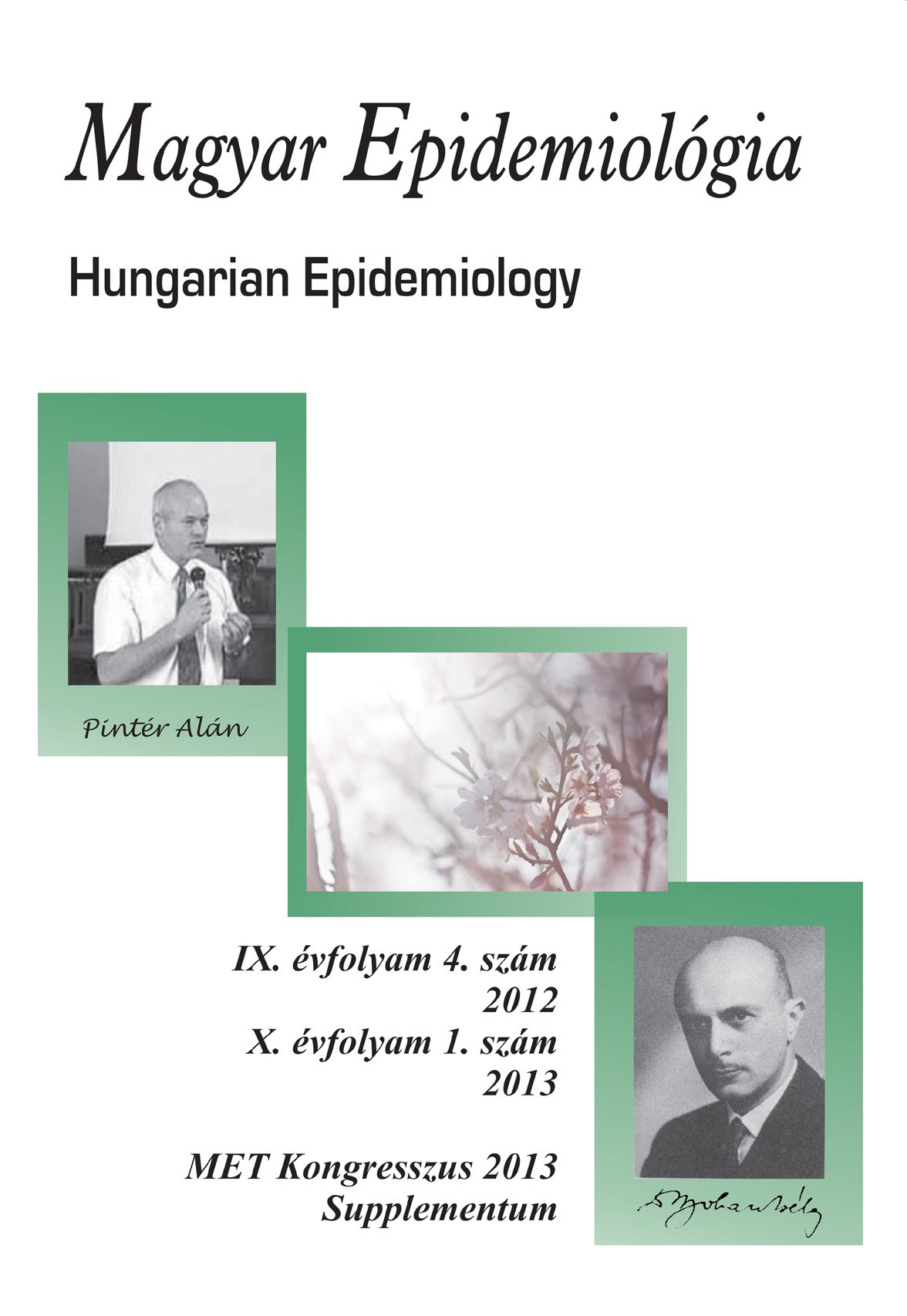|
|
 THE "MELANOMA-SARCOMA SERVICE" IS STILL REPORTING THE "MELANOMA-SARCOMA SERVICE" IS STILL REPORTING |
| In the 1960-70s, the author was appointed and re-appointed by department heads Drs. Clifton D. Howe and C.C. Shullenberger to act as the chief physician and principal investigator of the clinical Melanoma-Sarcoma Service, Department of Medicine, the University of Texas M.D. Anderson Hospital. In an ideal arrangement, the clinical Melanoma-Sarcoma Service was supported by the research laboratories of the Section of Clinical Tumor Virology and Immunology, where the patients’ tumor cells were established in tissue cultures and the immune reactions of the patients (and healthy control donors) were tested against these tumor cells. That Service and Section earned credit for the demonstration of antibody- and lymphocyte-mediated immune reactions of the patients to their tumors, and for the documented increase of such immune reactions consequentially to immunizations with a tumor lysate (a “viral oncolystae”) vaccine. The first attempts at combining a viral oncolysate sarcoma vaccine with chemotherapy for the treatment of metastatic diseases were carried out at that Service. The melanoma viral oncolysate vaccine was combined with a nitrosourea chemotherapeutic agent. However, representatives of the reorganized USA National Cancer Institute enriched now by a billion dollars fund for the Conquest of Cancer program of President Nixon, deemed the combination of immunotherapy and chemotherapy a “bad idea” that was doomed to failure without even trying, and therefore denied funding for the project. Instead, the newly established Developmental Therapeutics Department received massive funding for the testing of non-specific immunostimulation of cancer and leukemia patients with BCG (Bacille Calmette-Gurein) and Corynebacterium parvum. Nevertheless, the Service funded by private donors was able to report probably the first positive results in support of the idea that vaccinated tumor-bearing patients may show better responses to chemotherapy. This principle has triumphed since. This author recently reviewed the etiology, basic biology, and standard and investigational therapy of soft tissue and bone sarcomas. Here he reports that targeted therapeuticals have gained favored status over immunotherapy in the management of sarcomas, whereas in the treatment of malignant melanoma immunotherapy remains a dominant force. Until recently, metastatic malignant melanoma has been repeatedly declared to be an incurable disease. The Melanoma-Sarcoma Service of the 1970s struggled to induce remissions, or at least stabilize the course of metastatic disease. New developments strongly suggest that the dismal outlook of metastatic melanoma is now changing for the better. This report abstracts and comments on the presentations given at the annual ASCO (American Society of Clinical Oncology) meeting in Orlando, FL, May 29-Jun 2, 2009 with some additional references added in the Discussion. Numbers given in parentheses refer to the published abstracts of the ASCO meeting. Young attendees of the ASCO conference complained about the widely spread use of unexplained abbreviations during the presentations. The author paid special attention to the spelling out the meanings of the abbreviations used. |
|
|
 Magyar Epidemiológia Magyar Epidemiológia |  |
 Bejelentkezés Bejelentkezés | |
|
|
